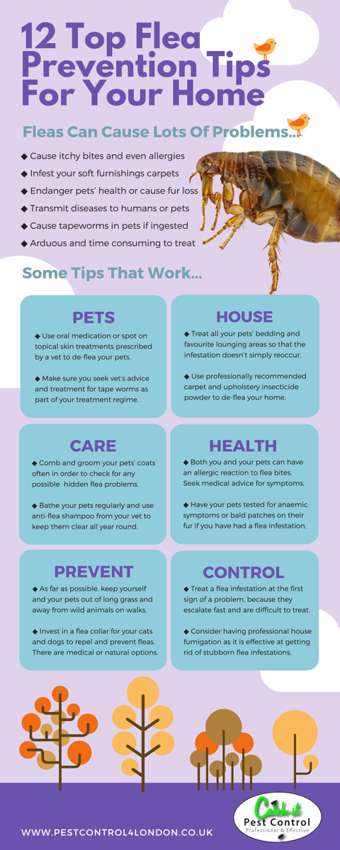Tips For Keeping Exterior Insects Far From Your Yard
Tips For Keeping Exterior Insects Far From Your Yard
Blog Article
Short Article Author-Lauritsen Warren
Picture your yard as a refuge, a place of harmony and beauty. However, the visibility of outside insects can promptly interrupt this ideal image. Suppose there were simple yet reliable methods to maintain these unwelcome visitors at bay and shield your yard sanctuary? By adhering to a couple of useful tips and executing natural approaches, you can produce a harmonious outdoor room where your plants can flourish undisturbed.
Natural Insect Deterrents
To maintain parasites far from your garden normally, plant aromatic herbs like mint and lavender. These great smelling plants not only include beauty to your garden however also act as effective parasite deterrents. Pests like mosquitoes, flies, and also some garden-damaging insects are warded off by the solid aromas given off by these natural herbs. Simply putting them tactically around your garden can help create a natural barrier against unwanted parasites.
In addition to mint and lavender, think about growing other natural herbs like rosemary, basil, and lemongrass to further improve your garden's pest-proofing abilities. These herbs not only work as all-natural repellents but additionally have actually the added advantage of serving in cooking or crafting homemade treatments.
Strategic Plant Placement
Think about the format of your yard and the types of plants you have to tactically position them for optimum pest-proofing effectiveness.
Beginning by organizing plants with similar resistance to pests together. By doing this, you can develop a natural barrier that discourages parasites from spreading out throughout your garden.
In addition, positioning pest-repelling plants like marigolds, lavender, or mint near even more vulnerable plants can help secure them. Tall plants, such as sunflowers or corn, can serve as a guard for shorter plants against parasites like bunnies or ground-dwelling bugs.
Remember to leave sufficient room in between plants to boost air circulation and lower the danger of conditions that pests may carry.
In addition, take into consideration planting strong-smelling herbs like rosemary or basil near prone plants to confuse pests' senses and make it harder for them to find their targets.
Effective Insect Control Methods
For combating garden insects successfully, carrying out a multi-faceted bug control method is essential. Begin by encouraging natural killers like birds, ladybugs, and hoping mantises to help keep bug populaces in check. Introducing plants that draw in these beneficial bugs can help in pest control. In addition, practicing excellent garden hygiene by removing debris and weeds where pests could conceal can make your yard much less hospitable to unwanted visitors.
Take into consideration using physical obstacles such as row cover textiles or netting to safeguard at risk plants from parasites like caterpillars and birds. Using https://screenrant.com/avatar-how-navi-bond-with-pandora-animals/ like neem oil or insecticidal soap can likewise work against certain pests while being less damaging to advantageous pests and the setting. https://troyvpkdx.blogdosaga.com/26512832/success-stories-from-clients-actual-experiences-with-parasite-control-solutions to turn your crops each period to stop the accumulation of pest populations that target certain plants.
Regularly evaluate your plants for signs of insect damages so you can take action quickly. By combining these methods and remaining alert, you can efficiently manage garden pests and delight in a thriving, pest-free garden.
Final thought
So, there you have it - with the ideal techniques, you can maintain pesky exterior insects away from your yard and assist your plants prosper.
Did you recognize that growing mint has been shown to repel insects and various other pests, reducing the requirement for harmful chemicals by up to 60%?
By including all-natural deterrents and wise planting techniques, you can develop an attractive and pest-resistant garden sanctuary for you to delight in.
